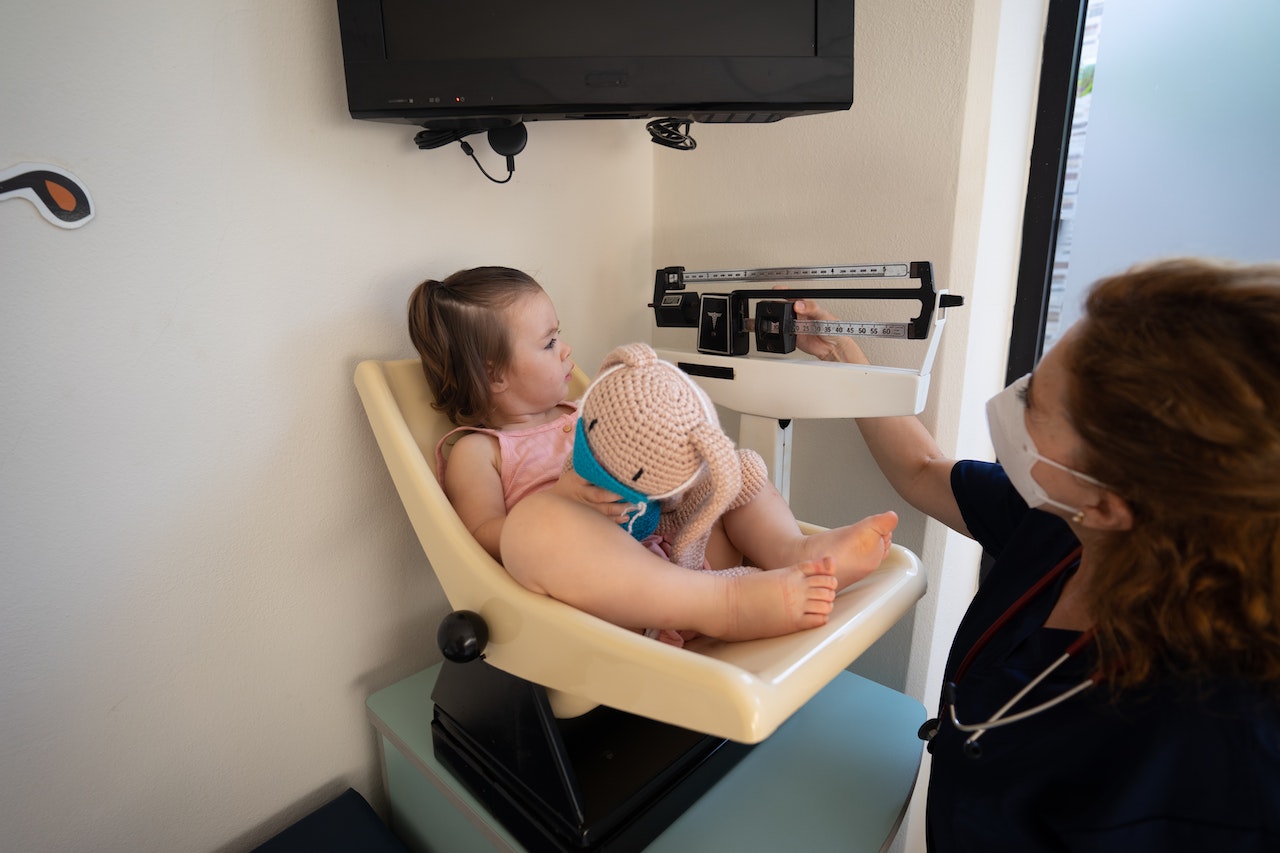As parents, we play a critical role in the lives of our children, and this is especially true for those who have been diagnosed with autism. Autism is a neurodevelopmental disorder that can impact a child’s ability to communicate, socialize, and learn. However, with the right support and care, children with autism can thrive and reach their full potential. In this article, we’ll explore the importance of parental involvement in autism care and how it can benefit children with this condition.
Research has shown that parental involvement in the care of children with autism can have a significant positive impact on their development and overall quality of life. By actively participating in their child’s treatment, parents can help to reinforce skills and strategies learned in therapy, provide emotional support, and advocate for their child’s needs. In this article, we’ll discuss practical ways that parents can help their autistic child, and the important roles they play in the treatment process. Whether you’re a parent of a child with autism or simply interested in learning more about this topic, this article will provide valuable insights into the importance of parental involvement in autism care.
How Parental Participation Benefits Autistic Children
Parental involvement is essential in the care of children with autism. Autism is a complex neurodevelopmental disorder that affects a child’s ability to communicate, socialize and learn. Early intervention, behavioral therapy, and medication are all important aspects of autism care, but the role of parents cannot be overstated. Research has shown that children with autism who have involved parents tend to have better outcomes than those without parental involvement.
Parents who are actively involved in the care of their child with autism can provide emotional support, reinforce skills learned in therapy, and advocate for their child’s needs. They can also help to create a supportive environment at home, which can be especially important for children with autism who may struggle with transitions and changes in routine. By working closely with healthcare providers and therapists, parents can help to ensure that their child receives the best possible care and support.
In addition, parents can also play an important role in the ongoing development of their child with autism. They can work with therapists to develop individualized treatment plans and monitor progress over time. This can help to ensure that their child is getting the most appropriate and effective care, and that they are making progress toward their goals. By staying involved and engaged in their child’s care, parents can make a significant difference in the life of a child with autism.
Here are a few ways that parental involvement can benefit children with autism:
- Reinforcement of Skills and Strategies Learned in Therapy: Children with autism require a consistent approach to therapy and care to be effective. Parents can help reinforce the skills and strategies learned in therapy by applying them at home consistently. When parents work closely with therapists to understand the therapy goals and implement them at home, it can help children with autism to better generalize the skills they learn in therapy to their everyday lives.
- Emotional Support: Raising a child with autism can be a challenging experience that can be emotionally taxing for parents. When parents are actively involved in the care of their child, they can provide emotional support to their child and themselves. Providing emotional support can help children with autism to feel more secure, understood, and accepted.
- Advocacy: Parents are the best advocates for their child’s needs. They understand their child’s behavior and needs better than anyone else. When parents advocate for their child, they can ensure that their child’s needs are being met, and their child is receiving appropriate services and support.
- Individualized Treatment Planning: Every child with autism is unique and requires an individualized treatment plan. By actively participating in their child’s care, parents can work with healthcare providers and therapists to develop an individualized treatment plan that is specific to their child’s needs. This can help ensure that the treatment is most effective and meaningful for their child.
How to Help Your Autistic Child as a Parent
If you’re a parent of an autistic child, you play a critical role in your child’s life, care, and support. Here are some practical tips on how to help your autistic child as a parent:
- Learn about Autism: The first step in helping your autistic child is to learn about autism. Understanding the characteristics of autism, how it affects your child’s behavior and communication, and what kind of support and care is needed, can help you to better support your child’s needs.
- Advocate for Your Child: As a parent, you are your child’s best advocate. It’s important to understand your child’s legal rights and entitlements under the law and to ensure that your child receives the appropriate services and support.
- Create a Supportive Environment: Creating a supportive environment at home is essential for children with autism. This can include creating a predictable routine, providing a calm and safe environment, and using visual aids to help with communication and understanding.
- Work with Healthcare Providers: Healthcare providers play a crucial role in the care of children with autism. It’s important to work closely with your child’s healthcare providers to develop an individualized treatment plan that meets your child’s unique needs.
- Encourage and Reinforce Positive Behaviors: Positive reinforcement can be a powerful tool in helping your child learn and develop positive behaviors. By rewarding positive behaviors with praise or a small reward, you can help your child to develop positive habits and behaviors.
- Practice Patience and Empathy: Raising a child with autism can be a challenging and stressful experience, and it’s important to practice patience and empathy. Being patient with your child, understanding their needs, and being empathetic towards their struggles can help to create a supportive and positive environment for your child.
Our Final Thoughts
In conclusion, the involvement of parents in the care of their autistic children is of paramount importance. Research has shown that parental participation in interventions and therapies for autism can lead to better outcomes for the child, including improvements in communication skills, social interactions, and daily living skills. Parental involvement can also increase the child’s motivation and engagement in therapy, as well as enhance the parent-child relationship, which is crucial for the child’s emotional well-being.
Parents can play an active role in their child’s autism care by taking steps such as educating themselves about the condition, seeking early diagnosis and intervention, participating in therapy sessions, and creating a supportive and structured home environment. It is also important for parents to seek support from other caregivers and professionals, as caring for a child with autism can be challenging and overwhelming at times. With the right resources and guidance, parents can make a significant difference in the lives of their autistic children and help them reach their full potential. Ultimately, parental involvement is crucial for the well-being and success of children with autism.
https://youtu.be/22kX3zK6XTE
Do You Need an Autism Specialist You Can Trust?
At Hope for Healing, our mission is to provide exceptional care to those with autism and empower them to lead a life of optimal health, wellness, and longevity. We believe that the key to unlocking this potential lies in our unique approach to healthcare, one rooted in the principles of Functional Medicine. Unlike traditional approaches that focus on treating symptoms, Functional Medicine seeks to understand the underlying root causes of disease and illness. Our team of highly-skilled and licensed medical providers have received extensive training from the Institute for Functional Medicine, where they learned to think outside the box and look beyond surface-level symptoms to uncover the deeper underlying issues. Under the leadership of Dr. Paula Kruppstadt, our providers work together to provide comprehensive care that is tailored to each individual patient. With a focus on listening and collaboration, we take the time to conduct a thorough root-cause analysis and work together with our patients to develop and implement permanent solutions. We believe that by addressing the root causes of disease, we can help our patients achieve true and lasting healing. If this sounds like we’d be the right fit for you, contact us today at (281) 725-6767!
Disclaimer
The materials available on this website are for informational and entertainment purposes only and not for the purpose of providing health advice. You should contact your physician to obtain advice with respect to any particular issue or problem. You should not act or refrain from acting on the basis of any content included in this site without seeking medical, legal or other professional advice. The information presented on this website may not reflect the most current medical developments. No action should be taken in reliance on the information contained on this website and we disclaim all liability in respect to actions taken or not taken based on any or all of the contents of this site to the fullest extent permitted by law.







